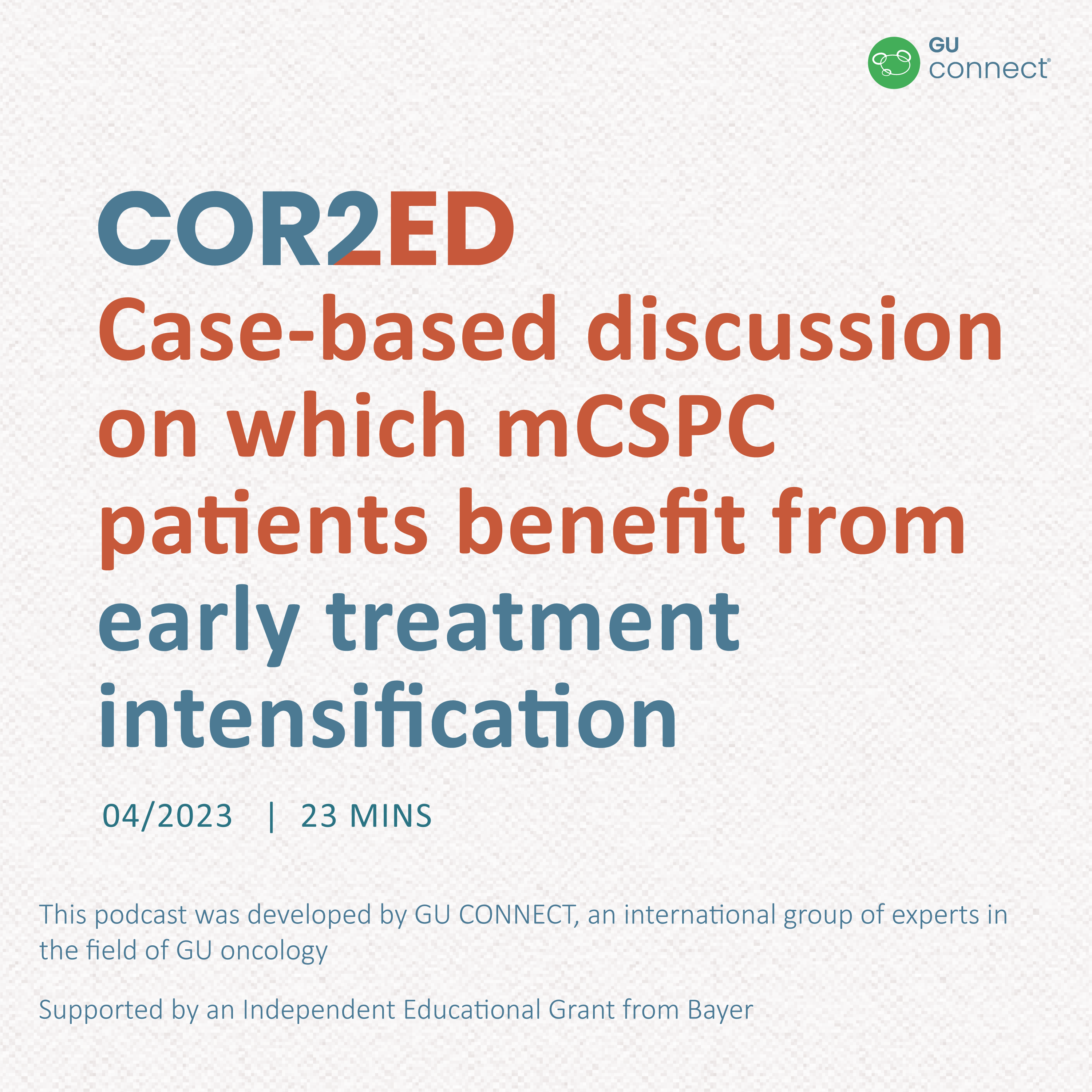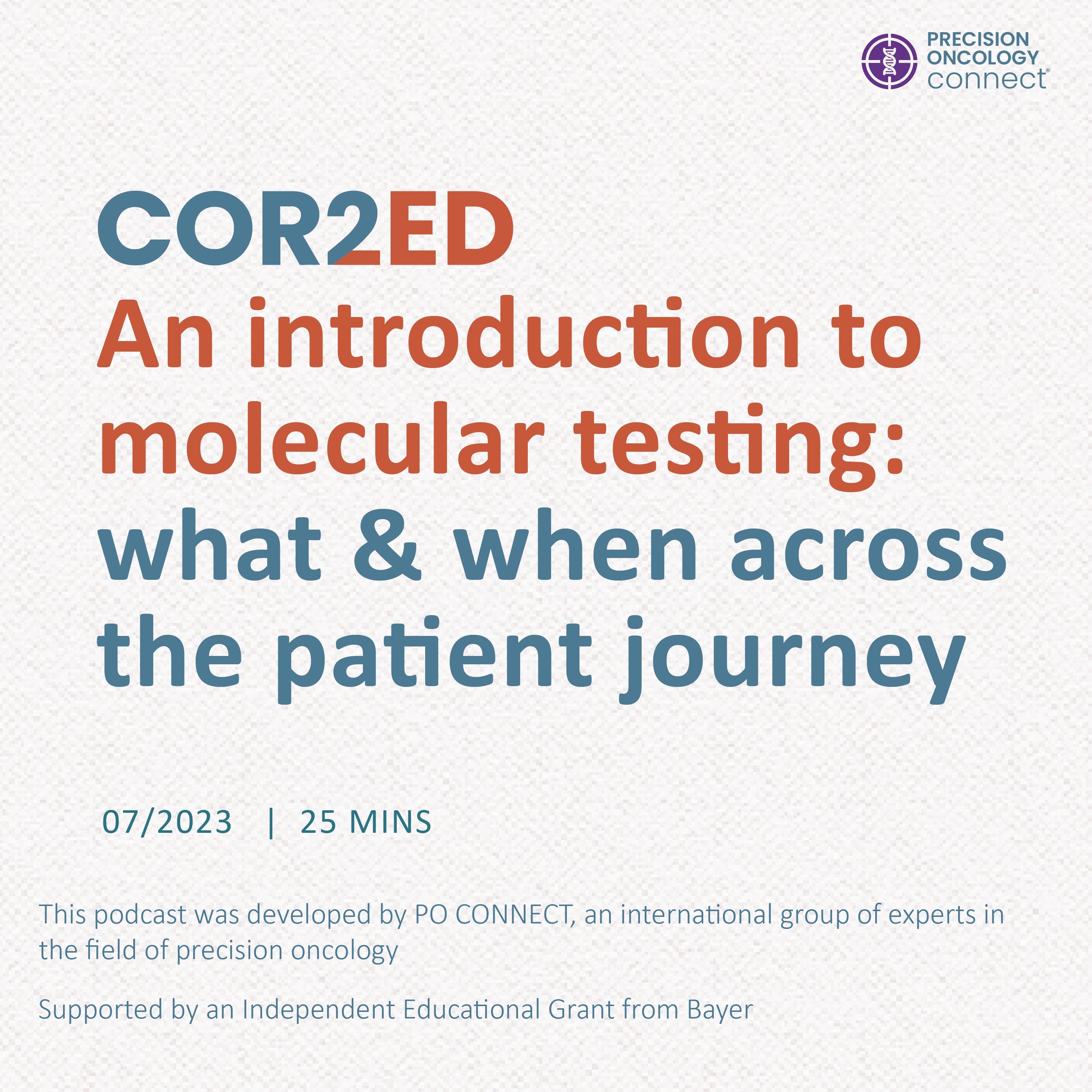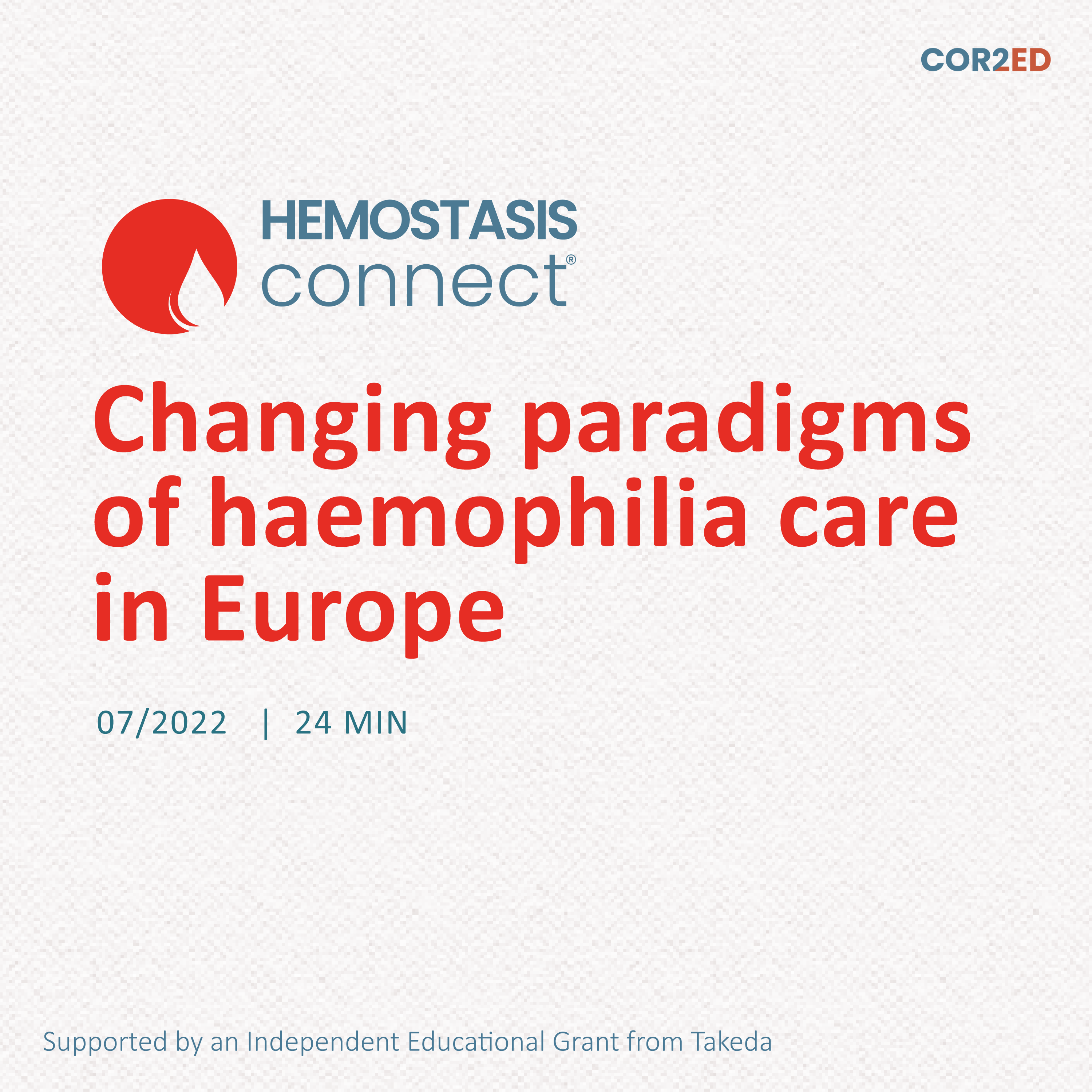In this second episode of a three-episode podcast series, COR2ED and ASBMR have partnered with Professor Eric Rush (Children’s Mercy Hospital) to provide rare bone disease highlights from ASBMR 2022 Annual Meeting.
Prof. Rush opens with detailed information on fibrodysplasia ossificans progressiva (FOP): symptoms of this severe congenital condition include permanent heterotopic ossifications preceded by painful soft tissue swelling. Nearly all patients have the same ACVR1 receptor variant, and Prof. Rush shares therapy options for the disease. He then offers insights on hypochondroplasia (HCH), a developmental disorder caused by a defect in the FGFR3 gene. An animal model for HCH has been developed, in which infigratinib, a selective FGFR tyrosine kinase inhibitor, shows positive effects on growth as well as proportion. He then describes a clinical study in osteogenesis imperfects (OI), in which allogenic transplantation of fetal liver-derived mesenchymal stem cells was tested in children with type III and type IV OI. While increased bone density and height were observed, Prof. Rush cautions that both the number of study participants and the study duration were low. He closes the podcast with personal insights from the in-person Annual Meeting, including opportunities for engagement and exchange at “Meet the Professor” sessions.

COR2ED Medical Education: Assoc. Prof. Shilpa Gupta and Dr Fabio Schutz, discuss early treatment intensification with triplet therapy for metastatic castration-sensitive prostate cancer (mCSPC)...

COR2ED Medical Education: This podcast episode provides an introduction to molecular testing in the diagnosis and treatment of cancer. Prof. David Hong from MD...

Changing paradigms of haemophilia care in Europe COR2ED Medical Education: In this podcast, Prof. Cedric Hermans and Prof. Jerzy Windyga discuss their perspectives on...